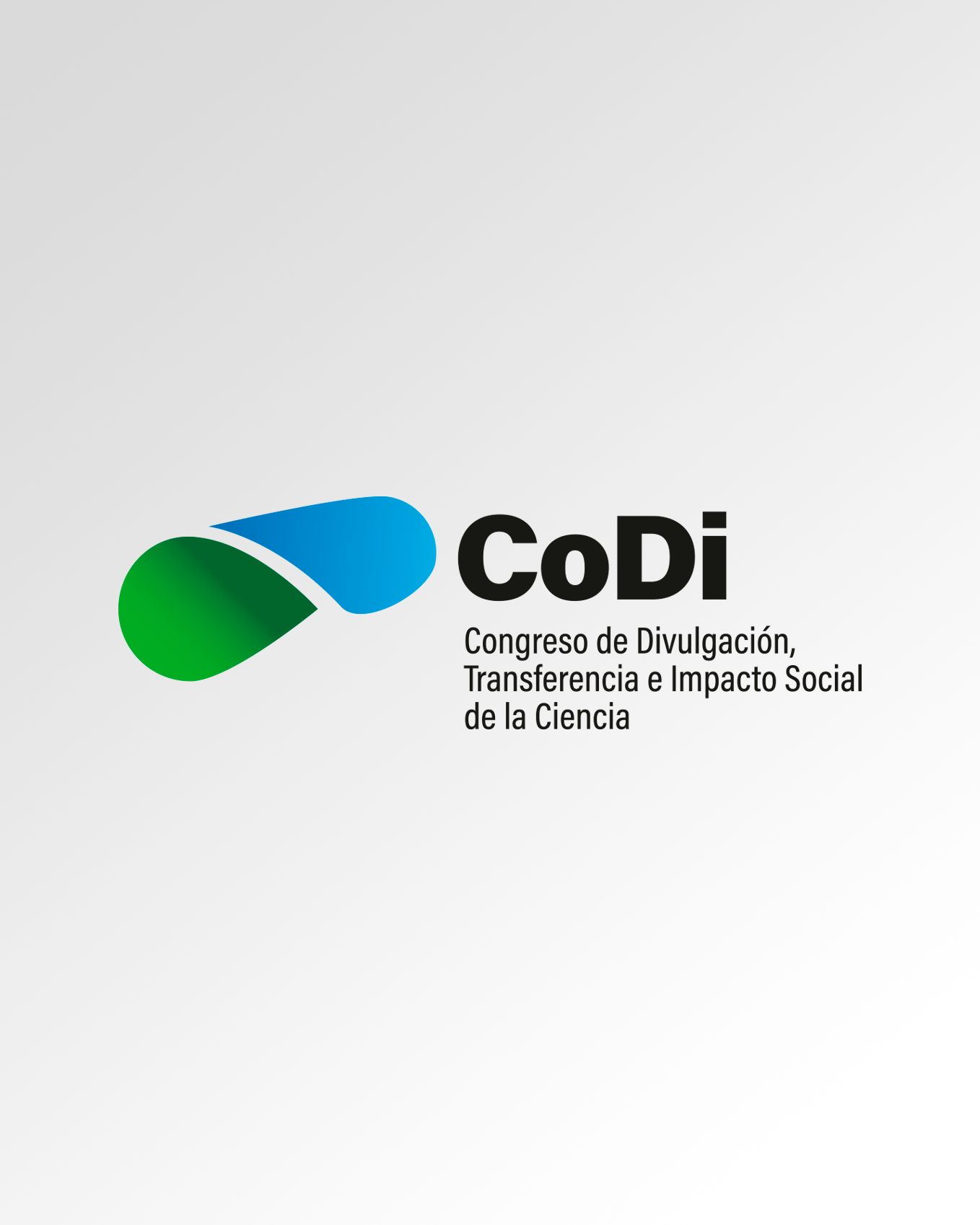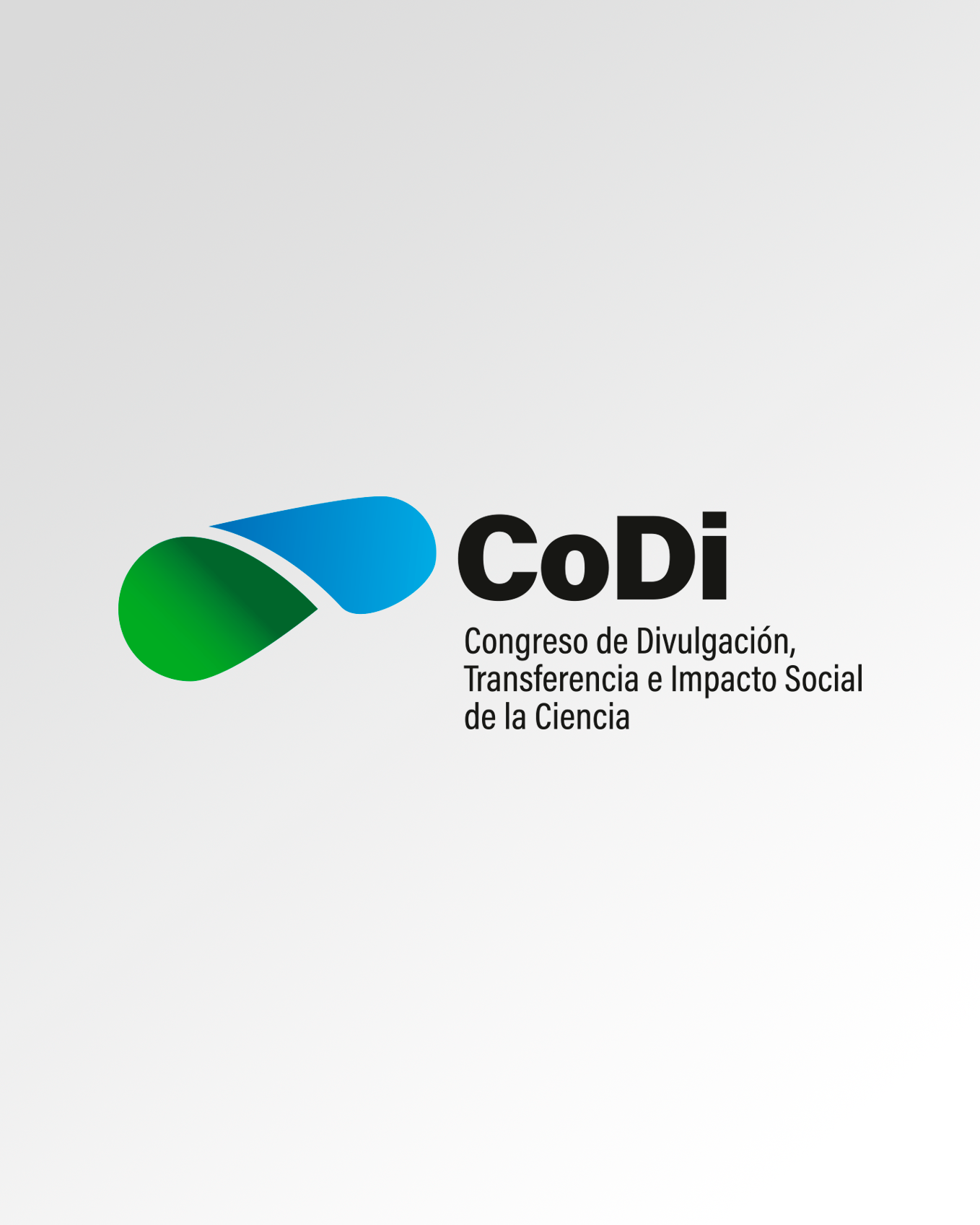Activities organised by researchers in the network in order to spread their knowledge on accessibility to society. The goal is to raise awareness on how important it is for everyone to have access to communication and information, as well as to offer innovative solutions.
Awareness-raising Activities
Foro Transfiere 2026
-
Day:
-
-
Place:
Malaga, Spain
The European Forum for Science, Technology and Innovation (Transfiere 2026) is Europe’s leading forum on knowledge transfer in R&D&I. AccessCat will be one of the networks accompanying the Government of Catalonia at the stand to promote the R&D&I ecosystem.
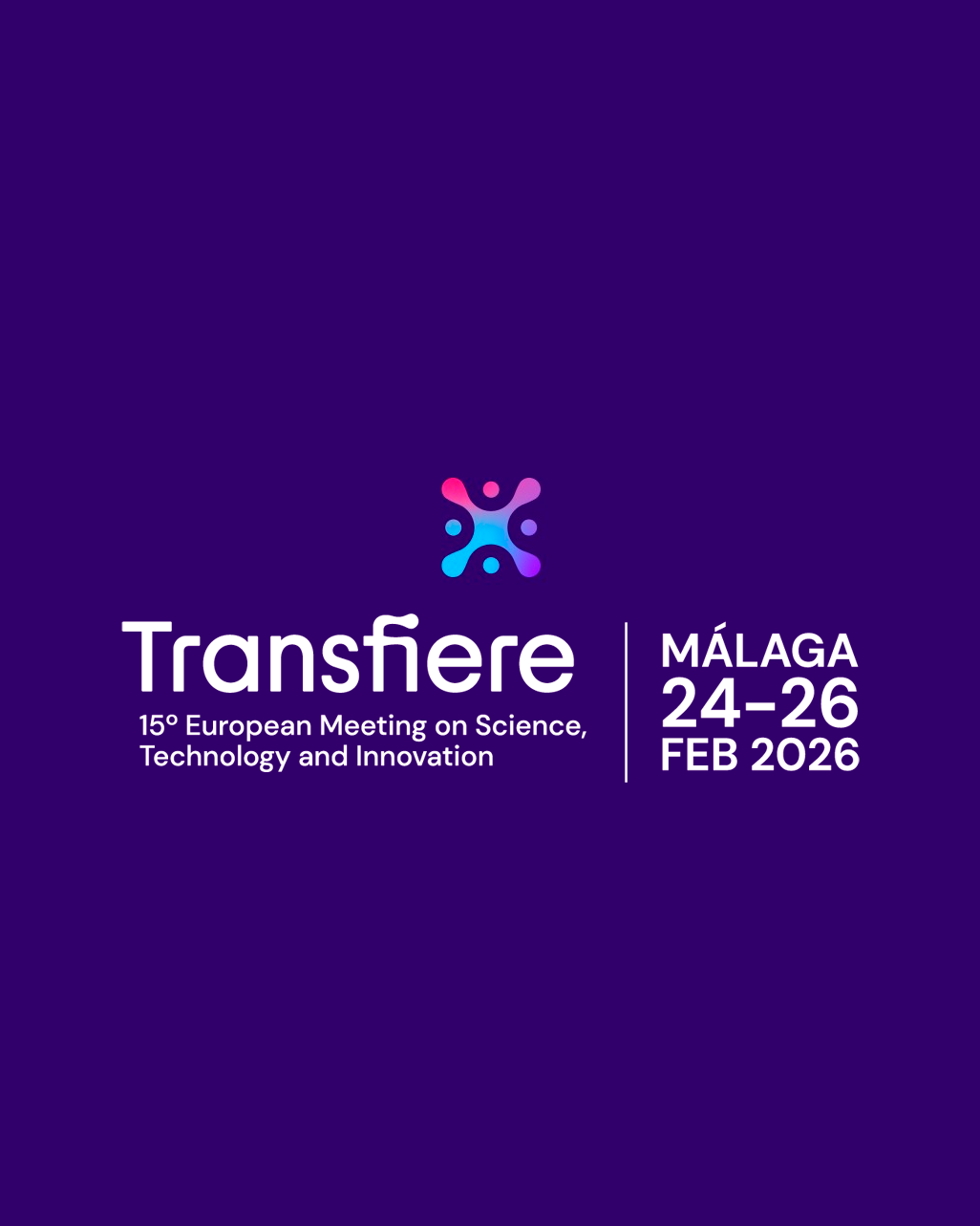

Past Activities
AccessTalks: “Language accessibility in healthcare. Insights into research, experiences, and practices”
-
Day:
-
-
Time:
12:00-13:00
-
Place:
Virtual
New session in the AccessTalks seminar series by TransMedia Catalonia. This session explores current research, lived experiences, and innovative practices that seek to reduce barriers and ensure healthcare systems that are fair and inclusive for all.
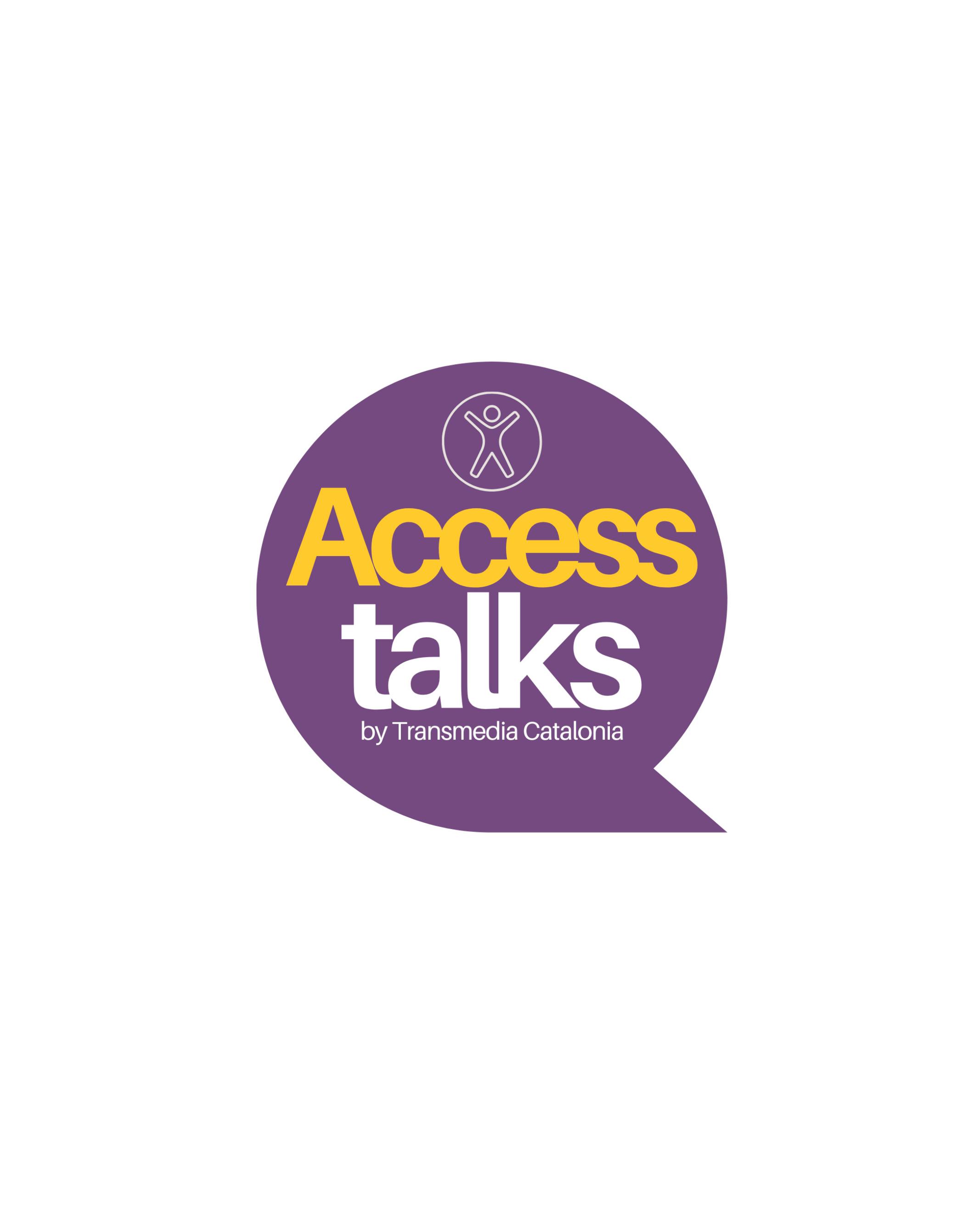

Seminar: “Education, Migration and the City: Challenges for Equity”
-
Day:
-
-
Time:
09:30-13:00
-
Place:
Barcelona
A discussion space organised by Nodes to reflect on the challenges posed by migration in urban and educational contexts and on how to promote equity, inclusion and accessibility in our cities and education systems.
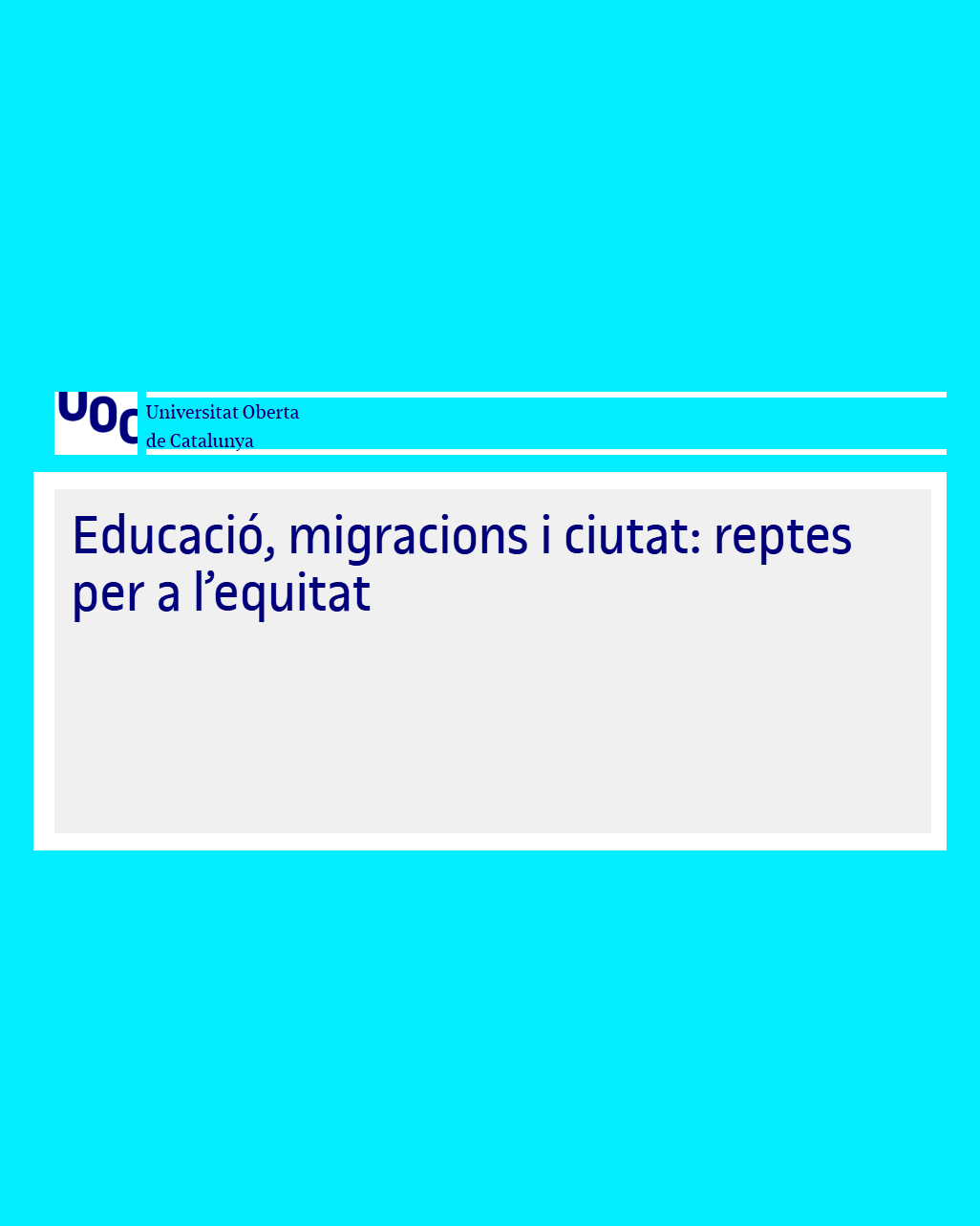

EdTech Congress
-
Day:
-
-
Time:
15:30-17:00
-
Place:
Barcelona
Edutech Cluster, an AccessCat corporate entity, organises the EdTech Congress, a forum dedicated to innovation in education. Sergi Grau, from Digital Care, takes part in an international round table on educational technology and research.
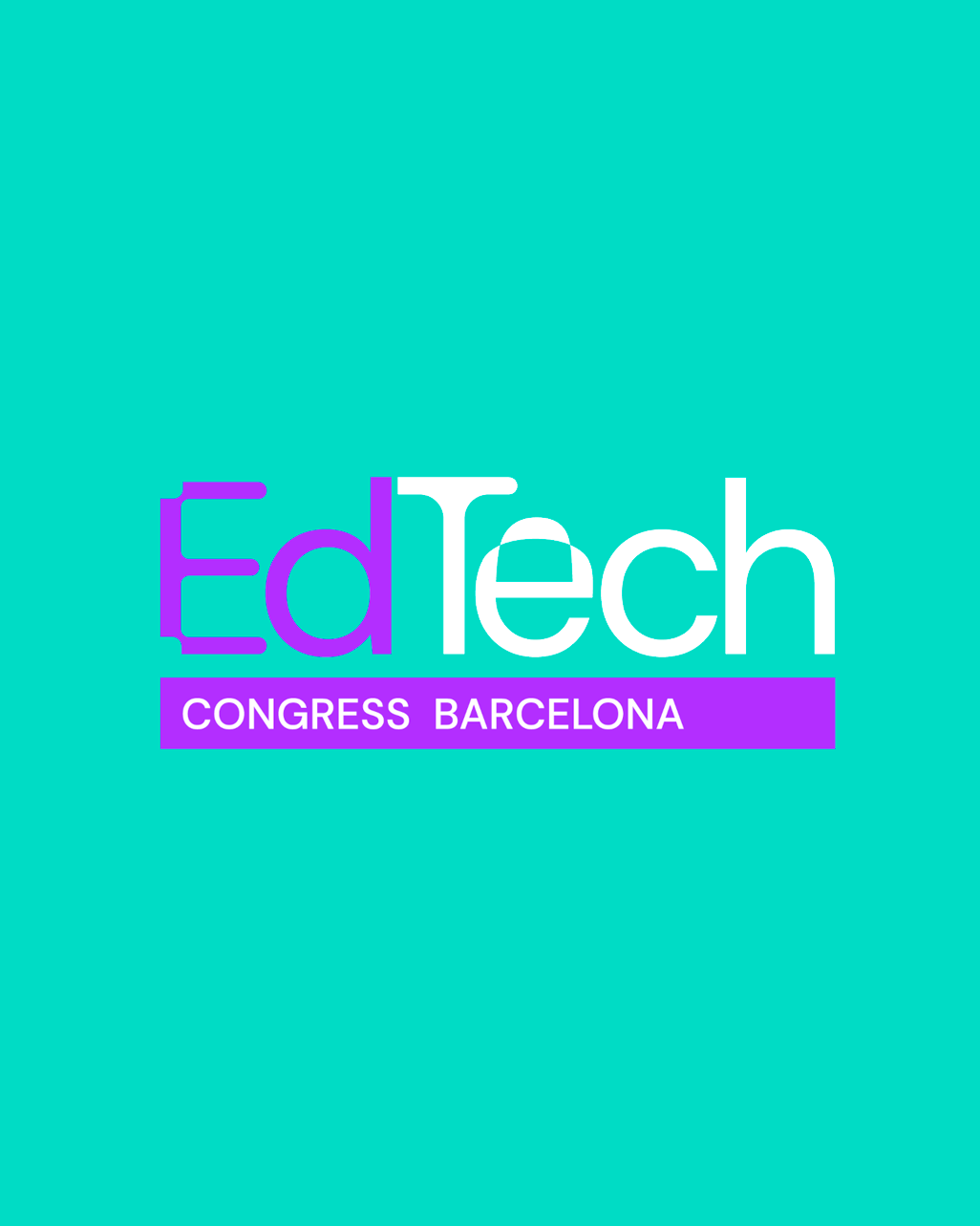

Seminar: Automatic Transcription Applications as Tools for Oral Communication Accessibility
-
Day:
-
-
Time:
16:30-19:30
-
Place:
IEC, Barcelona
ACAPPS, an affiliated entity of the AccessCat Network, hosts a seminar to present its research on automatic transcription applications. One of the tools presented is Scribal, developed by the CLiC research group (UB).


